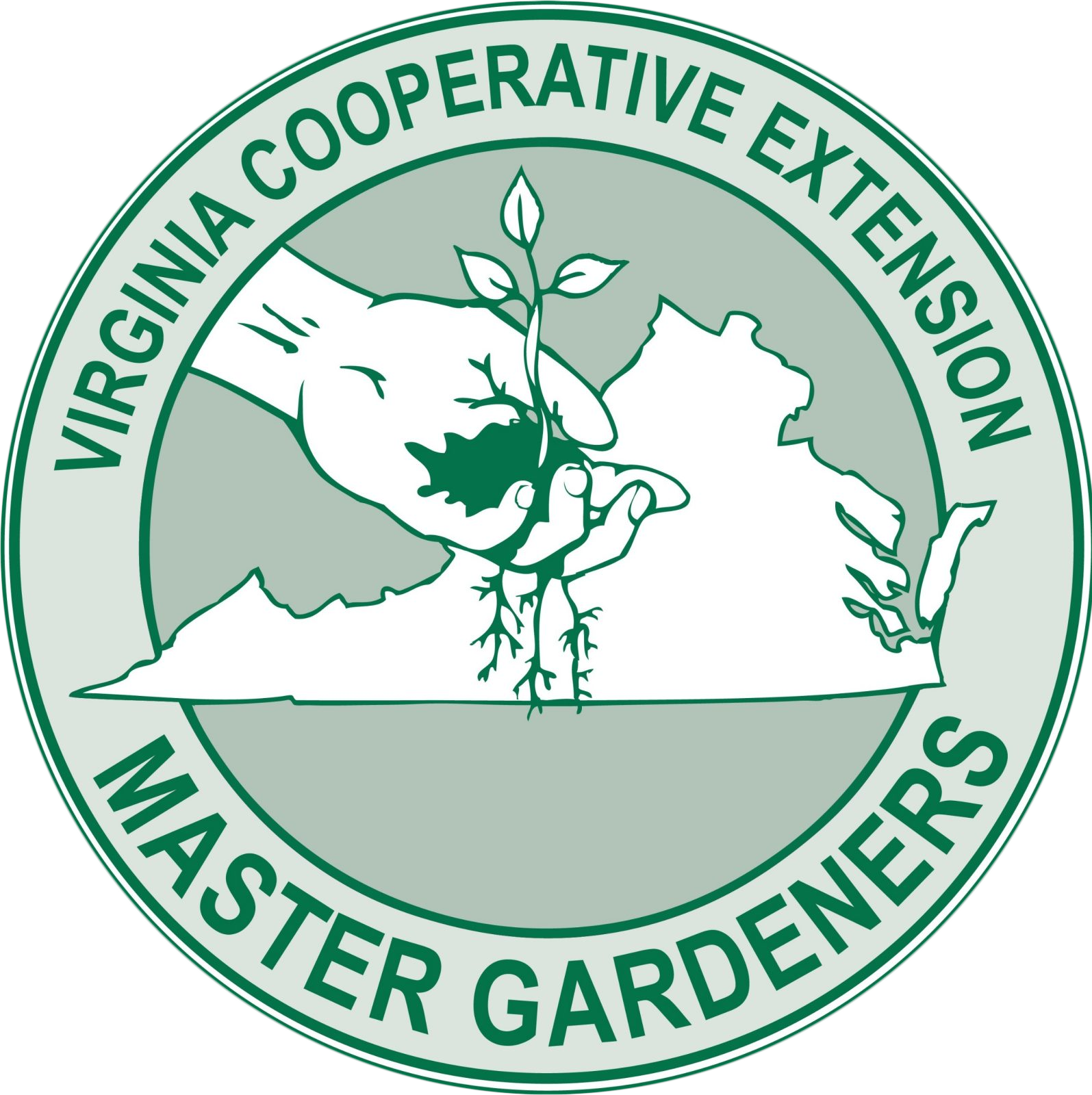Master Gardener – Search

Searching: pollinator
If you don't see the answer you're looking for, try submitting your question.
Pollen schedule
-
Date Posted: Thu, Jan 05 - 12:55 am
- Hello! I was curious if you have a pollen schedule for flowering plants in Richmond? Thank you, Taylor
- Hello Taylor, Thanks for your question. I found a couple of useful resources. Both are aimed at beekeepers so if you are one, most of the information will be useful to you. Or, if your desiring to attract pollinators throughout the season, these resources will also be useful. I've included the links for them at the end of this message. The first website mentions the pollinator plants in the first sentence of each paragraph for the months Feb-Sept. That information is from VA Tech. The second one is from Clemson in NC but I think you'll find their timing chart would also be useful in Richmond. On the Clemson Honey Bee Timing Chart you can scroll down to the section headed - The Pollen Timing Chart - and click on that link. It will display a pdf of a spreadsheet with the various plants and the times of year they produce pollen. There are a few invasive species in their very long and diverse plant list but even so it's a great resource. #1--https://carroll.ext.vt.edu/content/dam/carroll_ext_vt_edu/beekeepers_year_va_apiary.pdf--- #2--https://hgic.clemson.edu/factsheet/honey-bee-pollen-timing-chart/ Best of luck with this year's garden!
Question
Answer
Pollinator gardens
-
Date Posted: Wed, Sep 28 - 11:26 pm
- Thank you for your quick response! The after school program supports 24 students (12 second graders, 12 third graders). We will be researching and designing the gardens from October until December. The program runs until the end of the year, so we can build it next spring or late fall - whichever best meets your schedule. The principal is allowing us to build it in the area where a previous garden was built a few years ago. I believe it will be roughly 5' by 5'. Do you have anyone that might be interested in discussing gardening or butterflies with the students? The presentation can be virtual or in person. Thank you again for your assistance.
- Thank you, this is very helpful. It sounds like a great program! I'll be passing this along to others and will post it as a volunteer opportunity for those to help build and instruct. Please send me all your contact information to this address--jrreilly2323@gmail.com and we can discuss more specifics. We look forward to working with you!
Question
Answer
Pollinators
-
Date Posted: Sat, Mar 26 - 12:31 am
- What can I do to keep white butterflies from my garden plants that need pollinators, such as squash.
- Hello there, The white butterflies you're referring to, are those active now in your garden? If so, those are cabbage white butterflies. The larvae of those butterflies tend to feed on cabbage, collards, kale and some other greens (Brassica family of plants). If you want to keep them away from these crops, fine netting is your best bet. The butterflies lay eggs underneath the host plant's leaves. The larvae are caterpillars whose coloring closely matches the host plant. They are voracious eaters so it's good to check the plants under the net to be sure none have escaped your notice. If you're looking to be sure to have pollinators for your squash plants be sure to plant a variety of herbs, flowers, shrubs and trees in your yard. Using native flowers and shrubs will provide pollen and nectar. Native shrubs and trees also provide shelter and nesting materials for bees and other beneficial insects. A variety of flower color and shape will attract a wider variety of pollinators. I hope I have answered your question. if not, please reach out again. Best of luck with your garden.